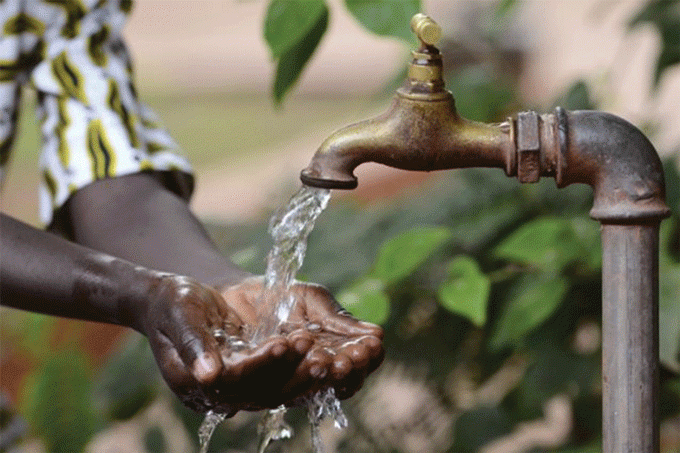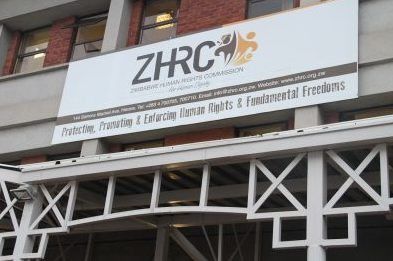
MORE than 50% of urban households have no access to potable water, with only 48,4% having access, the latest Zimbabwe Vulnerability Assessment Committee (ZimVAC) 2023 report has revealed.
“About 48,4% of households had access to basic water services. Routine bacteriological testing of water is necessary in order to ascertain that these water services are free from faecal contamination. Being free from faecal and chemical contamination will enable the sources to be classified as safely managed. The ministry responsible for Health needs to ensure that there is routine testing of water at district level by making sure water testing equipment and consumables are available,” the ZimVAC report partly reads.
Zimbabwe is currently battling to control a cholera resurgence, with more than 7 000 cases having so far been reported and a state of emergency having been declared in Harare.
ZimVAC states that lack of secure and potable water can cause outbreaks of waterborne diseases like dysentery and cholera.
“It is recommended that local authorities should engage in other debt recovery measures other than cutting off households’ water suppliers. About 64% of urban households did not have hygiene services available i.e, they had no hand washing facility, water and soap. Hand washing after using the toilet is very critical in the prevention of diarrhoeal diseases,” further reads the report.
The report noted that 85% of the surveyed households were connected to either council or Zimbabwe National Water Authority (Zinwa) water.
“Manicaland (92%) and Bulawayo (91%) had the highest proportion of households connected to either council or Zinwa water. Only 25% of the connected households accessed water seven days a week, while 6% accessed water only one day per week.
“Indications were that most households in Harare preferred protected wells (39,7%) and boreholes (30,1%) for their drinking water. Only 19,1% preferred drinking water piped into their dwellings. Most households in Bulawayo (86,5%), preferred water piped into their dwellings for drinking. Most households were not satisfied with water supply service offered by either the local authority or Zinwa, 33% were dissatisfied and 22% very dissatisfied,” ZimVac noted.
- Teachers, other civil servants face off
- Veld fire management strategies for 2022
- Magistrate in court for abuse of power
- Vungu Dam water treatment and irrigation project takes off
Keep Reading
The survey focused on urban households residing in the medium-density, high density, and peri-urban areas of Zimbabwe and it covered urban council areas, administrative centres, growth points and other urban areas.
“The quality of water provided was said to be satisfactory by 46% of the households. However, 79% of households in Harare were dissatisfied with the water quality. At least 98% of the sampled households were accessing water from improved water sources. The proportion of households which accessed basic water services for drinking was 48,4% and 49,1% accessed limited services,” the report added.
“Most of the households in the majority of the domains were accessing drinking water from basic water services. Attention should be given to Epworth (22.7%) and Harare South (14.6%) with a significant percentage of households accessing unimproved water. The majority of urban households (94%) travelled less than 500m to the nearest preferred main drinking water source.”
ZimVAC — a consortium of government, development partners, United Nations, non-governmental organisations, technical agencies and the academia — was established in 2002.










